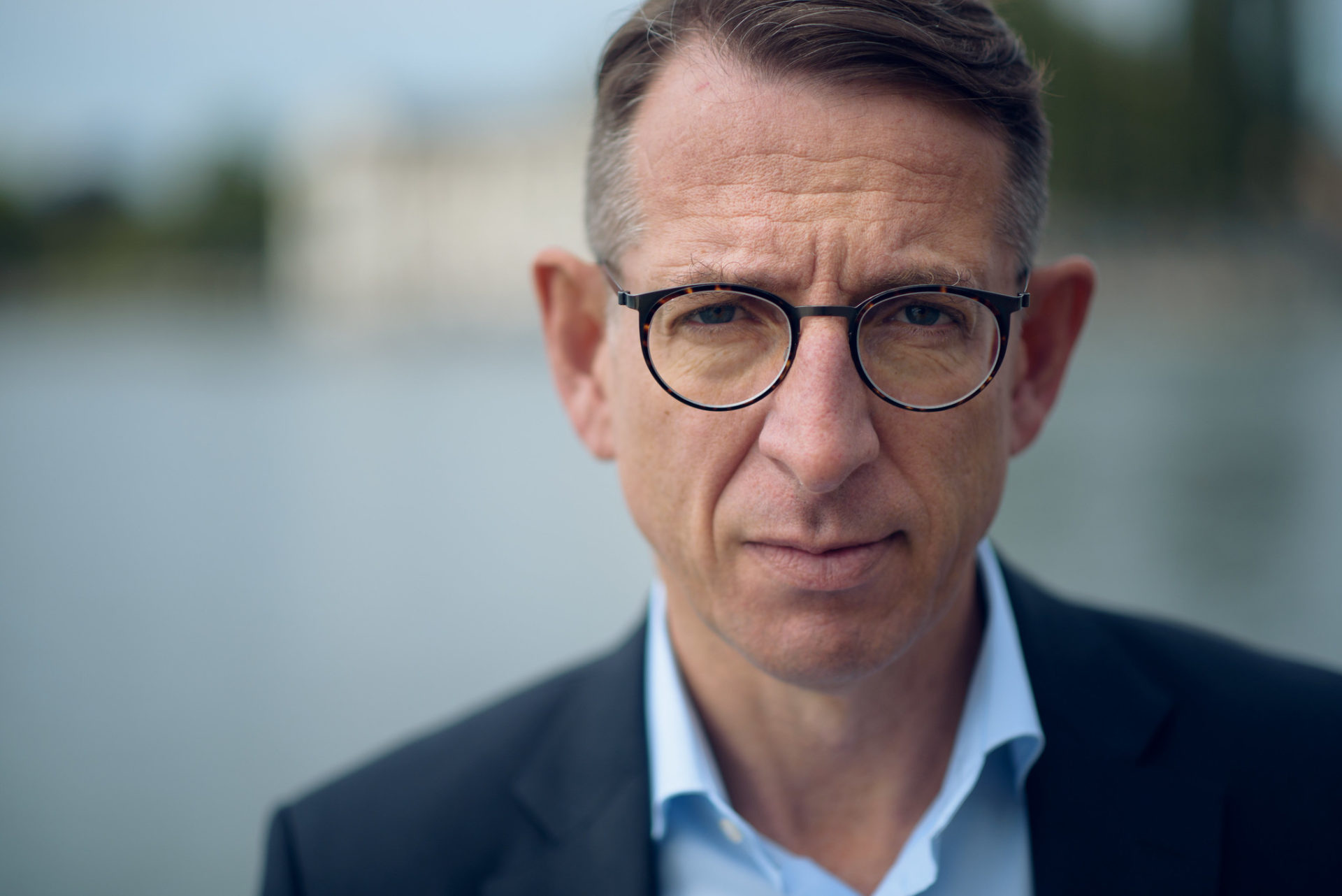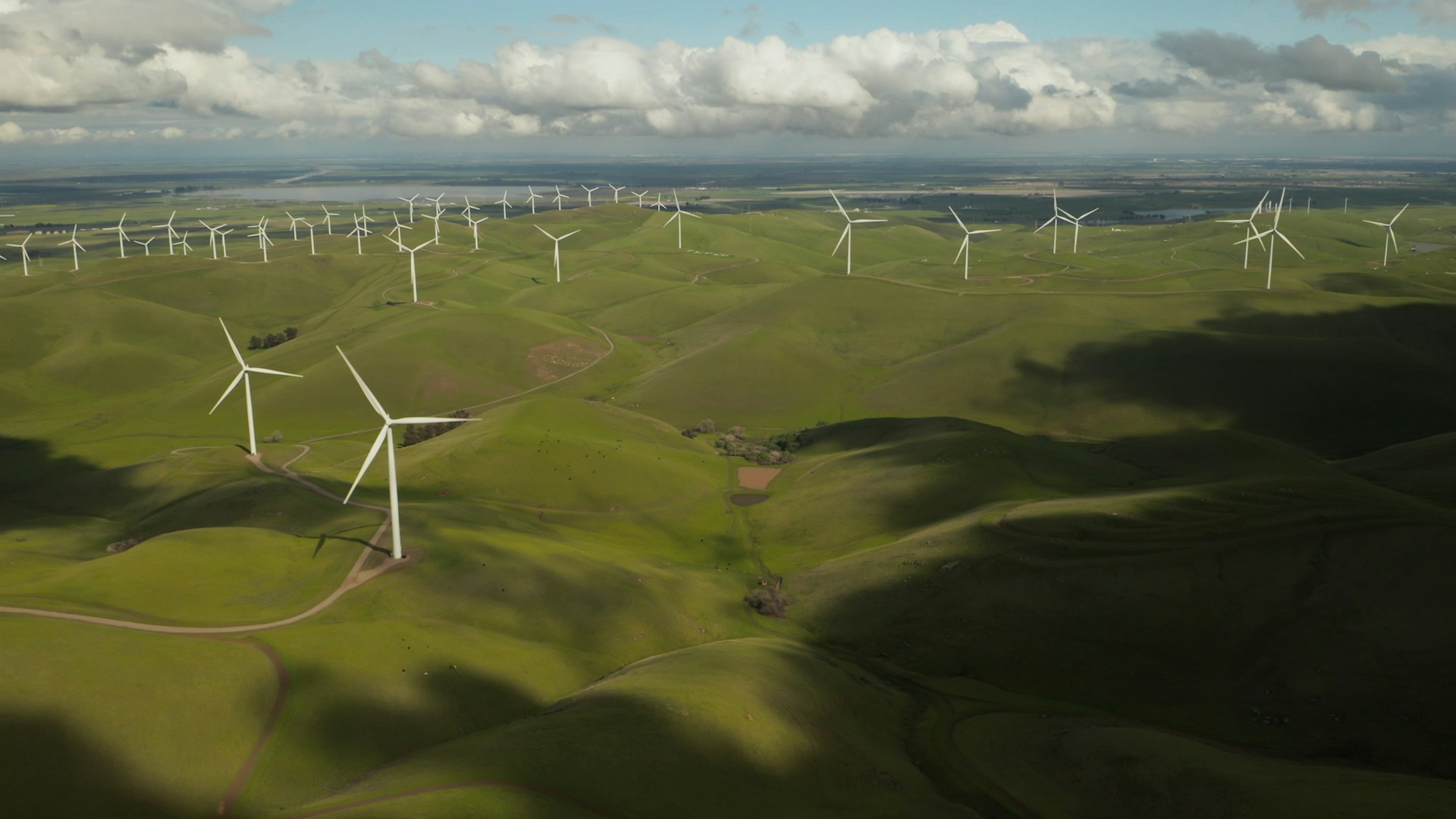Of Populism and ‘Strongmen’
Populism has fast emerged to become one of the most popular forms of government today–from South Asia to Europe and from Africa to the Americas. In fact, between 1990 and 2018, there has been a fivefold increase in the number of populists in power worldwide – from only 4 in 1990 to 20 in 2018. While it is an oft-quoted term, a deeper insight into what constitutes populism must be examined.
What is Populism?
Broadly speaking, populism is based on two fundamental premises; first, the ‘true’ people of a country find themselves at loggerheads with ‘outsiders,’ and second, there should be no facet limiting the demands of the ‘true’ people. Populism can be further categorized, and its most popular guise is cultural populism. The idea this philosophy propagates is that the native residents of a nation are made up of its true people. The outsiders, it highlights, constitutes immigrants, ethnic and religious minorities – and included in the same breath are also criminals. As noted in a report, “Cultural populism tends to emphasize religious traditionalism, law and order, sovereignty and painting migrants as enemies.”
The common modus operandi of populists is to consolidate their base by means of dividing societies based primarily on cultural lines and to a lesser extent, along socio-economic differences. What is evident though is the fact that rising populism has glorified the concept of ‘strongman rule’ and whether these leaders have the ability to manage global reach, must be explored.
What is Stoking the Rise of Populism?
From the US to Turkey, and from India to the Philippines, so-called “strong” leaders have been democratically elected. These leaders are more often than not charismatic personalities, successful as they have been at receiving the people’s mandate. But what is of particular interest is, why is populism becoming mainstream? Across the globe, there has been a sharp increase in the number of populist leaders.
The two key factors that are widely seen as enabling the case of populism are growing economic inequality and globalization. The latter may come across as a surprise but it comes to be associated with populism because of the perception in both developed and developing countries that ‘foreigners are taking our jobs.’ The political forces riding the popular anti-immigrant sentiment in several countries currently will actually benefit from economic policies that will only further skew incomes towards the top. In fact, there will be little to no significant benefit for a country’s less economically affluent sections.

On the surface, modern populism may come across as being based on identity politics but in reality, it is actually the result, as one economist put it, of hyperglobalization. This current form of globalization made a gradual start in the 1970s, made quick inroads in the 1980s and its growth peaked in the 1990s. It continued its upward trend until the crash of 2008. This new world economic order enabled emerging economies to generate vast wealth. It was instrumental in accelerating global GDP, and countries that were hitherto poor, were now steadily building both wealth and influence.
To a lesser extent, populism has also been driven by citizens’ demand for greater transparency. To this effect, there is often the presence of a collective anxiety that is well represented by a populist leader. For instance, growing inequality leads unemployed people to wonder that despite having lived their lives by the prescribed formula of going to college and working hard, they still find themselves without a job. In addition, there is also the perception of crisis that populist leaders use to consolidate their influence. It could be in the form of an economic crisis or drumming up a patriotic furore over a probable security issue.
In simple terms, populists have been successful at representing their citizens’ popular concerns and highlighting the failures of existing systems. However, the realization must also dawn on populist leaders that their own policies must prove beneficial for otherwise, existing systems could perhaps be led to further deterioration.
Identifying Commonalities
Populism is definitely more ubiquitous today in strong democracies. ‘Strongman leaders’ are attempting to steer their countries to greater prosperity but do they actually possess the qualities to manage global reach? Are they actually advocating for collaboration or are they proponents of isolationism? Evidently, populism has fared better in certain economies than others. It is certainly not a ‘one-size-fits-all’ approach and the outcomes vary widely. What is certain is that there is growing inequality and the concepts of cultural populism and economic prosperity are not complementary. Global leaders must rise above divisive policies for there are more benefits in collaboration than in isolation.
Unfortunately, as Nigel Farage, leader of the Brexit party, will have us believe, “None of us conform to any of the rules by which politics is operating. And people like that”. Simply put, ordinary citizens are more attracted to tribal concepts of identity than to higher ideals of collaboration.



